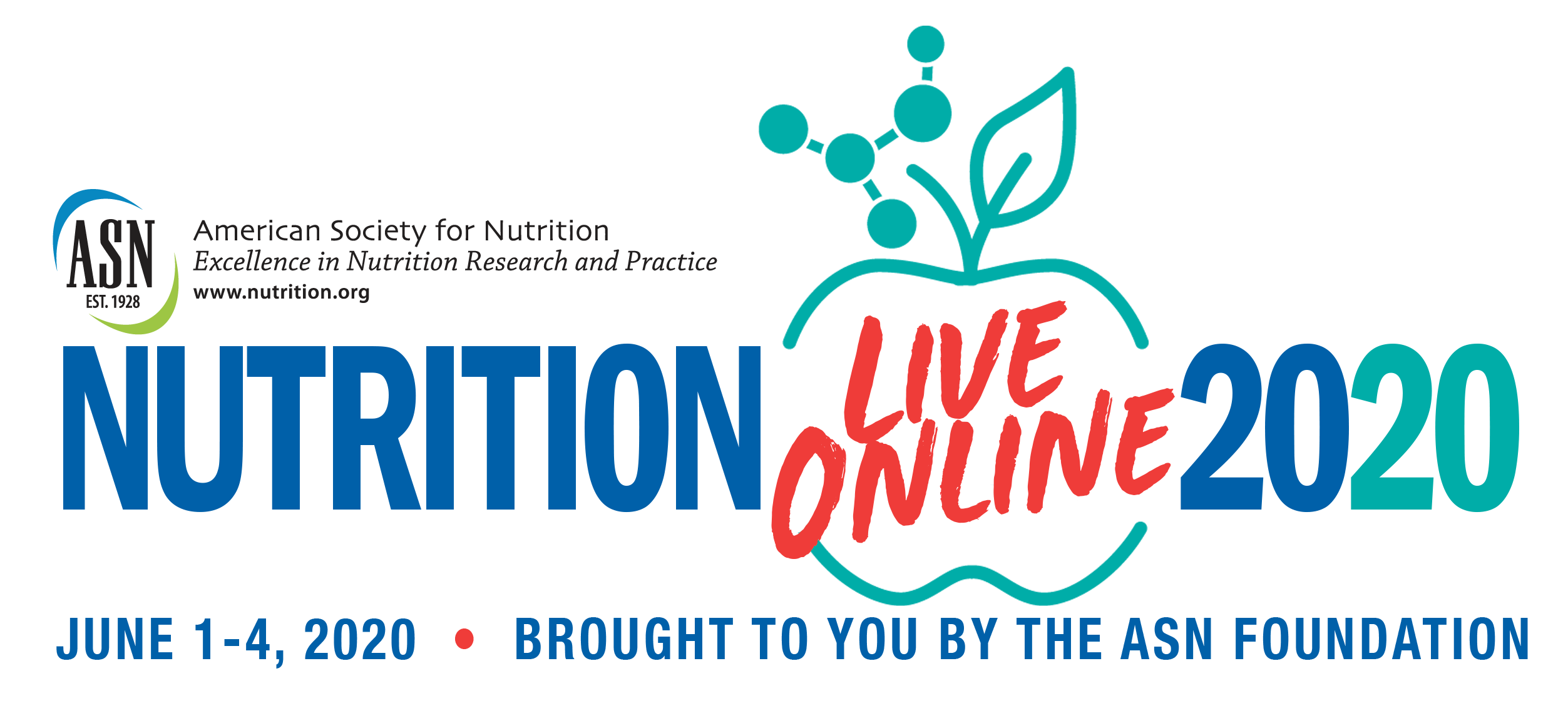Last week, our Director of Nutrition, Amanda Karp, attended a virtual 4-day nutrition conference through the American Society of Nutrition. Nutrition 2020 was intended to be held in Seattle, but given the circumstances, it was all done online. The virtual conference counted almost 30,000 viewers, expanding its reach dramatically. It was certainly a new experience for the attendees, but a beneficial one. Here, Amanda shares what she learned for all of you…

NUTRITION 2020, A RECAP
As the Director of Nutrition here at F-Factor, it is my responsibility to be at the forefront of nutrition research. This year, major themes included the newer field of personalized genetics-focused nutrition, aka precision nutrition, timing of meals and hormonal balance, and the gut microbiome. Read on to learn about some of the interesting things I discovered!
CHRONO-NUTRITION
I often receive questions about timing of meals, and if eating late or shifting meals to an unusual time has a negative effect on weight. While “calories in vs. calories out” is ultimately one of the most important factors in weight management, timing is still crucial. Animal studies show that when mice are fed a high-fat meal during their circadian “rest time” which is actually during the day, they gained a significant amount of weight compared to the group that consumed the same meal during the “active phase” at night. [1]
In humans, it turns out that while eating in tandem with our internal clock/circadian rhythm is important, one of the best determinants of weight gain in relation to meal timing is the “midpoint” meal, which for most would be lunch. According to the researchers, subjects who consumed their midpoint meal after 3 pm experienced slower weight loss compared to those who ate lunch before 3 pm. This effect was persistent over time, even though energy intake was comparable. [2]
PRECISION NUTRITION
Do our genes affect how we process nutrients or pre-determine our weight? Science is certainly pointing that way, but much more research needs to be done before we can definitively make recommendations. Studies in twins have shown that there is still a large amount of variability between genetically identical individuals and their hormonal and metabolic responses to food. [3]
While genetics cannot predict our response to diet with 100% certainty, they can help guide our approach. One interesting example given during this lecture was choline level differences in women. Levels of this essential nutrient can vary greatly in women despite similar intake, and researchers have found that the key is a genetic variant that prevents some women from converting estrogen to a form of choline. Without the gene, choline levels may fall with insufficient intake or supplementation. [4]
So how does this apply to our approach to nutrition recommendations? While there are several genes that have been identified to increase risk factors for obesity, we do not have enough evidence yet to say they are predictive. While more research needs to go into this personalized approach to nutrition, it will definitely have a place in our future recommendations.
FIBER, PREBIOTICS AND THE GUT MICROBIOME
Of course, our beloved fiber had to make an appearance on this list! Many lectures confirmed our belief that fiber is truly a miracle carb. Fiber not only contributes to satiety and fullness for weight management but also strengthens the health of the gut microbiome. Fiber resists digestion through the GI tract, remaining virtually intact in the large intestine. It is then fermented by colonic bacteria and converted to short-chain fatty acids, which have many beneficial properties!
Interestingly, prebiotics, which provide “fuel” to keep our gut bacteria healthy, are comprised of more than just fiber. Phenolic compounds, antioxidant-packed micronutrients found in fruits and vegetables, also have similar prebiotic properties and resist digestion early on to provide fuel for gut bacteria. They have been shown to help prevent cardiovascular diseases and lower cholesterol levels through fermentation action in the gut. [5] This may help to inform the future of the prebiotic and probiotic industry, potentially influencing the new trend in functional foods!
Interested in learning more? Tune into my lives in the Official F-Factor Facebook group and Q&A’s on the F-Factor Instagram where I expand on these topics and answer questions about current nutrition research.
References:
- [1] Arble, Deanna M et al. “Circadian timing of food intake contributes to weight gain.” Obesity (Silver Spring, Md.) vol. 17,11 (2009): 2100-2. doi:10.1038/oby.2009.264
- [2] Garaulet, M et al. “Timing of food intake predicts weight loss effectiveness.” International journal of obesity (2005) vol. 37,4 (2013): 604-11. doi:10.1038/ijo.2012.229
- [3] Berry, Sarah et al. “Predicting Personal Metabolic Responses to Food Using Multi-omics Machine Learning in over 1000 Twins and Singletons from the UK and US: The PREDICT I Study (OR31-01-19).” Current Developments in Nutrition. vol 3, supplement 1. (2019) https://doi.org/10.1093/cdn/nzz037.OR31-01-19
- [4] da Costa, Kerry-Ann et al. “Common genetic polymorphisms affect the human requirement for the nutrient choline.” FASEB journal : official publication of the Federation of American Societies for Experimental Biology vol. 20,9 (2006): 1336-44. doi:10.1096/fj.06-5734com
- [5] Macready, Anna L et al. “Flavonoid-rich fruit and vegetables improve microvascular reactivity and inflammatory status in men at risk of cardiovascular disease–FLAVURS: a randomized controlled trial.” The American journal of clinical nutrition vol. 99,3 (2014): 479-89. doi:10.3945/ajcn.113.074237